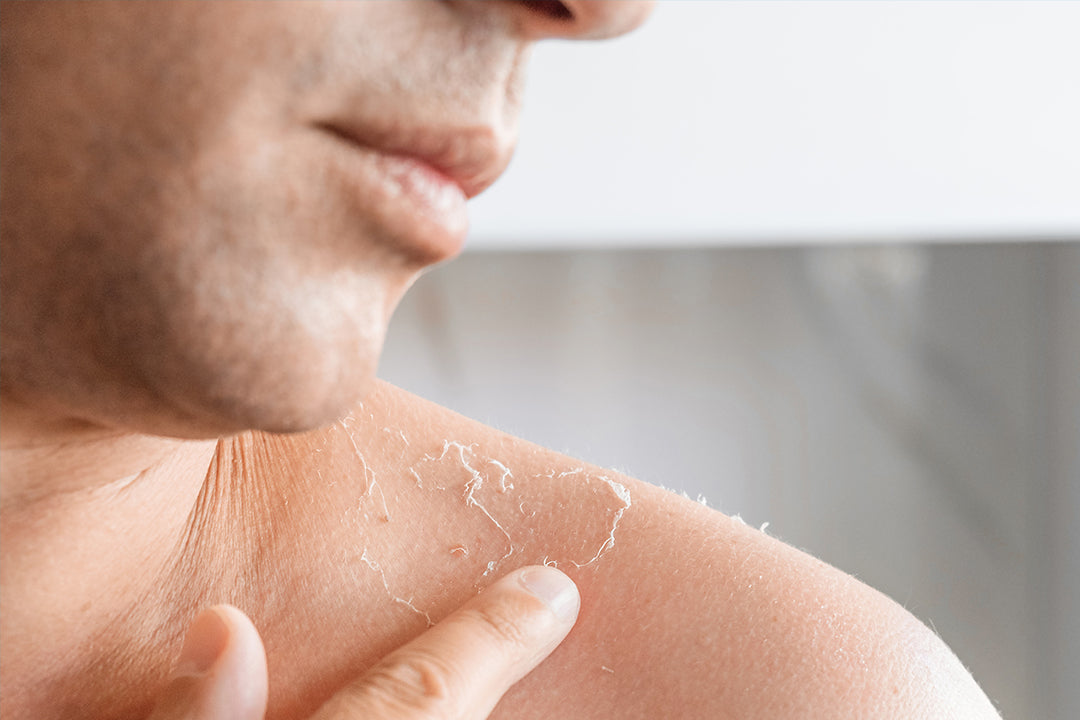Have you ever wondered why your skin feels sore to touch, even when there's no visible rash or irritation? Skin sensitivity can be a perplexing and uncomfortable condition, leaving you searching for answers. In this article, we will explore the various causes of skin sensitivity and provide insights into how you can manage and prevent it.
Understanding Skin Sensitivity
Skin sensitivity refers to the heightened response of the skin to external stimuli. It can manifest as a sore or painful sensation when touched, even without any visible signs of irritation or rash.
Possible Causes of Skin Sensitivity
There are several potential reasons why your skin may feel sore without a rash:
- Underlying Health Problems: If your skin hurts to touch but no rash is visible, it could be a sign of an underlying health condition. Conditions such as fibromyalgia, migraine headaches, peripheral neuropathy, multiple sclerosis, and postherpetic neuralgia can all contribute to skin sensitivity.
- Allergic Reactions: Skin sensitivity to touch can also be a result of allergic reactions. If your skin is sensitive to touch, it may be a sign of an allergic response to certain substances, such as chemicals, fabrics, or skincare products.
- Sunburn: Spending a day outside without proper sun protection can lead to sunburn, which can cause your skin to feel sore or painful to touch.
- Ablative Procedures: If you have recently undergone ablative procedures, such as laser treatments or chemical peels, your skin may be more sensitive to touch and require extra care and reparative measures.
Managing Skin Sensitivity
If you are experiencing skin sensitivity without a rash, there are several steps you can take to manage and alleviate the discomfort:
- Identify Triggers: Pay attention to any potential triggers that may be causing your skin sensitivity. Keep a journal and note down any activities, products, or substances that seem to worsen your symptoms.
- Gentle Skincare Routine: Opt for gentle skincare products that are specifically formulated for sensitive skin. Avoid harsh ingredients and opt for fragrance-free and hypoallergenic options.
- Sun Protection: Protect your skin from sun exposure by wearing sunscreen with a high SPF, seeking shade, and wearing protective clothing.
- Avoid Abrasive Actions: Be mindful of actions that may exacerbate skin sensitivity, such as excessive rubbing or scrubbing. Opt for gentle and soothing skincare practices.
Preventing Skin Sensitivity
While it may not always be possible to prevent skin sensitivity entirely, there are steps you can take to reduce your risk:
- Be Mindful of Allergens: Identify any potential allergens that may trigger skin sensitivity and avoid exposure to them.
- Stay Hydrated: Keeping your skin well-hydrated can help maintain its barrier function and reduce sensitivity.
- Manage Stress: Stress can worsen skin sensitivity. Incorporate stress-management techniques into your daily routine, such as meditation, yoga, or deep breathing exercises.
- Protect Your Skin: Protect your skin from extreme temperatures, harsh weather conditions, and environmental pollutants.
Takeaways
Skin sensitivity can be a frustrating and uncomfortable condition to deal with, but understanding its potential causes and implementing effective management strategies can help alleviate symptoms. If your skin feels sore to touch without a rash, it is essential to consult with a healthcare professional to determine the underlying cause and develop a tailored treatment plan. By taking proactive steps to care for your skin and avoiding potential triggers, you can minimize discomfort and promote overall skin health.









